The Bishops of the United States renewed authorities: The new president is Archbishop Timothy Broglio
They also elected vice president, secretary and chairmen of seven committees
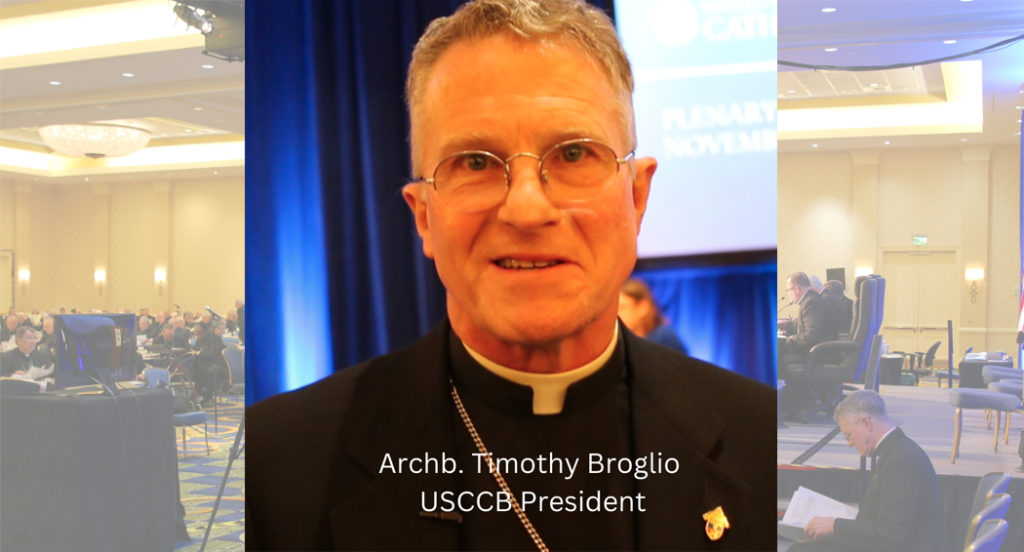
Election of president, vice president and secretary
The U.S. Bishops, meeting for their fall national assembly in Baltimore, Maryland, have elected officers. Its new president is Archbishop Timothy Broglio, who has been head of the Archdiocese for the U.S. Military Services since 2008. He served as apostolic nuncio to the Dominican Republic and as apostolic delegate to Puerto Rico from 2001 to 2008. The new vice president is Archbishop William Lori, of Baltimore. He is a member of the Administrative Committee, the Priorities and Plans Committee, the Committee on Pro-Life Activities and the Promotion and Defense of Marriage Committee. He serves as a consultant to the Committee on Doctrine, the Ad Hoc Committee Against Racism and the Committee for Religious Liberty.
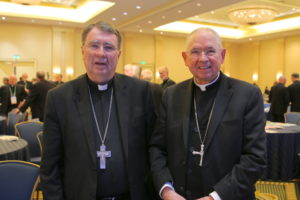
Archbishop Paul S. Coakley of Oklahoma City was elected Conference secretary and chairman of the Committee on Priorities and Plans. He fills the vacancy as secretary left by archbishop Broglio, who has held the position since 2019, and now assumes the presidency of the Conference. The three aforementioned archbishops, Timothy Broglio, William Lori and Paul Coakley, take office at noon today.
Election of officers of seven standing committees
The U.S. Conference of Bishops also elected the chairs of seven standing committees at its fall General Assembly in Baltimore.
Bishop Michael Burbidge of Arlington, Virginia, was elected chairman of the Committee on Pro-Life Activities, filling the vacancy created by the election of Archbishop Lori as vice president of the Conference. He term goes from today until November 2024, at which time he will be eligible for re-election.
The remaining six will serve a one-year term as president-elect before beginning a three-year term at the conclusion of the fall 2023 Plenary Assembly. The bishops elected as presidents-elect are:
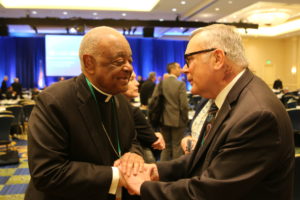
Bishop Thomas John Paprocki of Springfield, Illinois, as chair-elect of the Committee on Canonical Affairs and Church Government; Bishop Joseph C. Bambera, Scranton, as chair-elect of the Committee on Ecumenical and Interreligious Affairs; Archbishop Charles Thompson, Indianapolis, as chair-elect of the Committee on Evangelization and Catechesis; Bishop Abdallah Zaidan, MLM, of the Maronite Eparchy of Our Lady of Lebanon, as chair-elect of the Committee on International Justice and Peace; Bishop Barry Knestout, of Richmond, as chair-elect of the Committee on the Protection of Children and Young People; and Bishop Kevin C. Rhoades, of Fort Wayne-South Bend, as chair-elect of the Committee on Religious Liberty.
Address by the Apostolic Nuncio: “I dream of a missionary Church.”
Members of the Church in the United States have conflicting positions on issues related to the unilateral accentuation or even serious reduction of the practical recognition of certain core Christian values, a discussion from which the Bishops are not exempt. There is also the politicization of Christian values, which generates further polarization.
Faced with this reality, the Apostolic Nuncio to the United States, Archbishop Christophe Pierre, focuses his speeches on themes that deepen the Christian mission given by Jesus, which tend to unify positions on common points. In this Assembly he did so by quoting various documents of Pope Francis, among other texts. Motivating the bishops to recognize the importance of the co-responsibility of the laity, he mentioned the main documents of the Pope: Evangelii Gaudium, Laudato SI and Amoris Laetitia. On Gaudete et Exsultate, he expressed that it is a profound meditation on the call to holiness, and stressed the importance of the “holiness of the saints next door,” indicating that holiness is a vocation of every Christian.
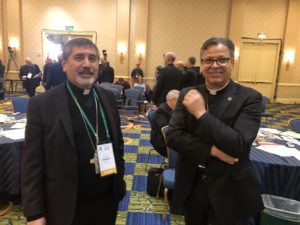
On Amoris Laetitia, he remarked the law of gradualness, of Pope John Paul II, who in Familiaris Consortio taught that the human being “knows, loves and realizes the moral good according to different stages of growth”.
The phrase chosen from Evangelii Gaudium, taken from number 27, and never sufficiently quoted, is an accurate summary of the spirit of the apostolic exhortation and of Pope Francis’ pastoral vision of a missionary, evangelizing and synodal Church:
“I dream of a ‘missionary option’, that is, a missionary impulse capable of transforming everything, so that the Church’s customs, ways of doing things, times and schedules, language and structures can be suitably channeled for the evangelization of today’s world rather than for her self-preservation.”
José Gomez, Archbishop of Los Angeles, was greeted by the assembly with a warm round of applause in recognition of his work as president of the United States Conference of Catholic Bishops.
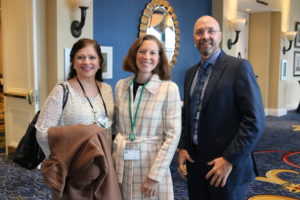
You can read the full address of the Apostolic Nuncio through the following link:
https://www.usccb.org/resources/Nuncio%20Address.11.15.22_1_1.pdf
Related
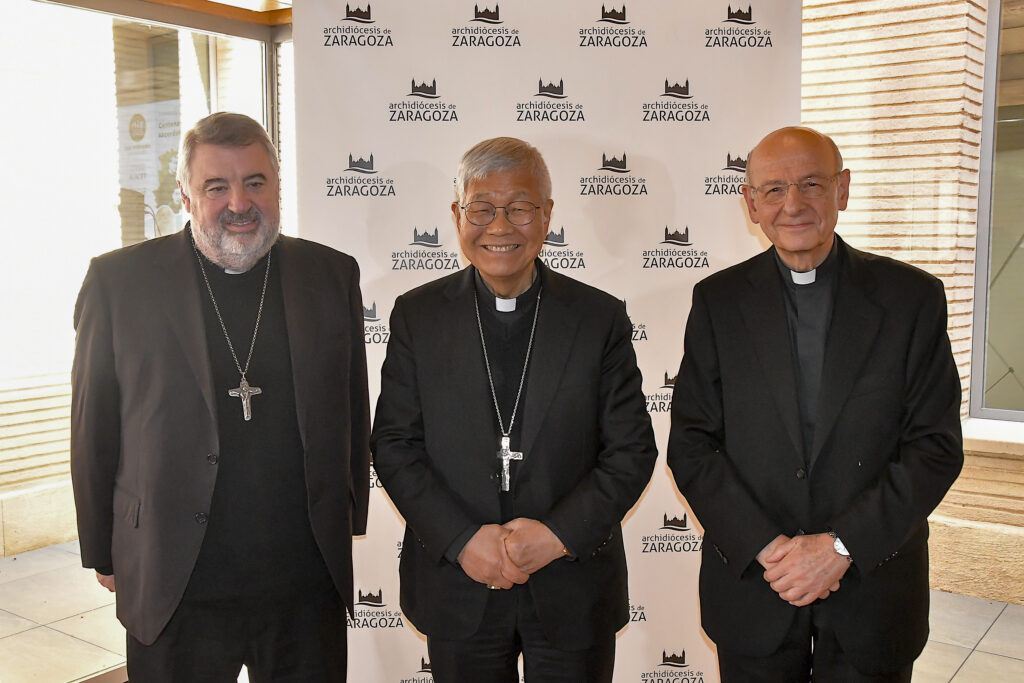
Saint Josemaría, 100 Years of Priesthood: A Legacy That Transcends Borders
Exaudi Staff
28 March, 2025
2 min
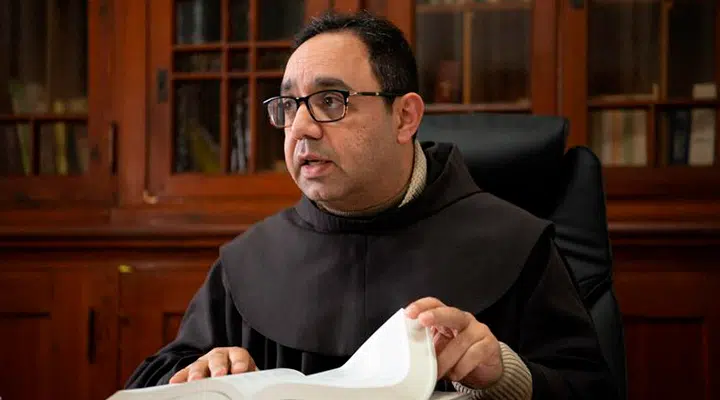
Father Marwan: “The Holy Land needs pilgrims. We need their consolation”
Fundación CARF
27 March, 2025
4 min

Large families are once again concerned about the lack of support such as school lunch grants or access to preschools
Exaudi Staff
26 March, 2025
1 min
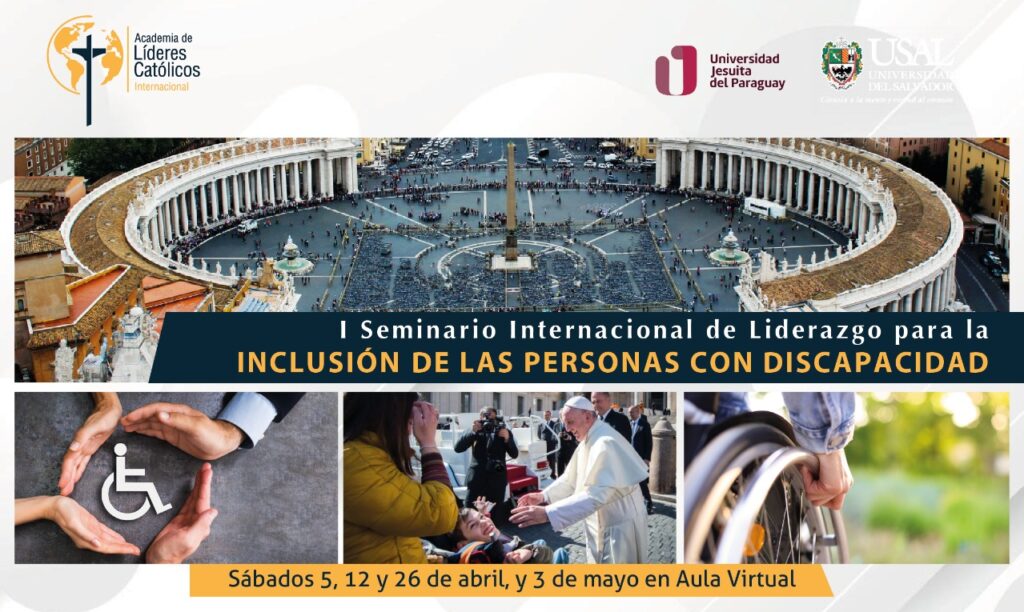
Call for Applications to the First International Leadership Seminar for the Inclusion of Persons with Disabilities
Exaudi Staff
25 March, 2025
2 min
 (EN)
(EN)
 (ES)
(ES)
 (IT)
(IT)

